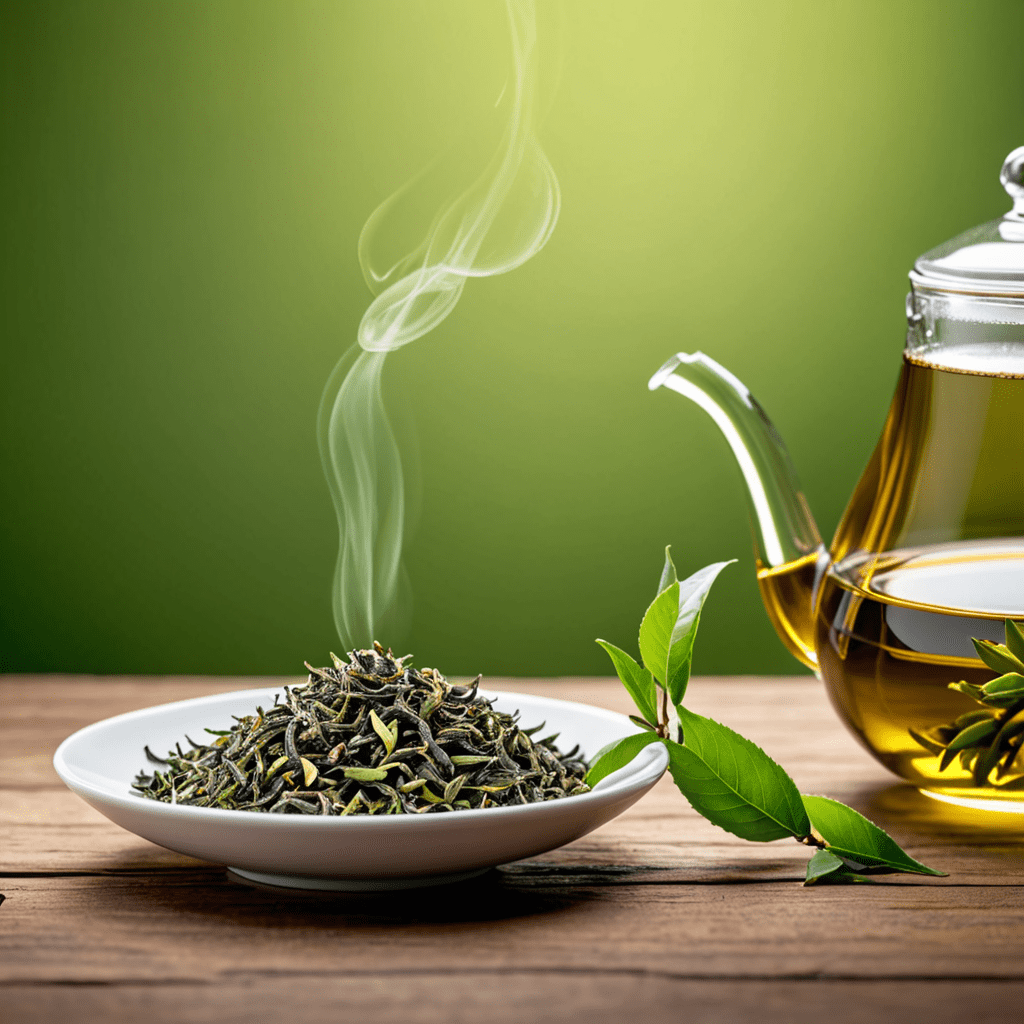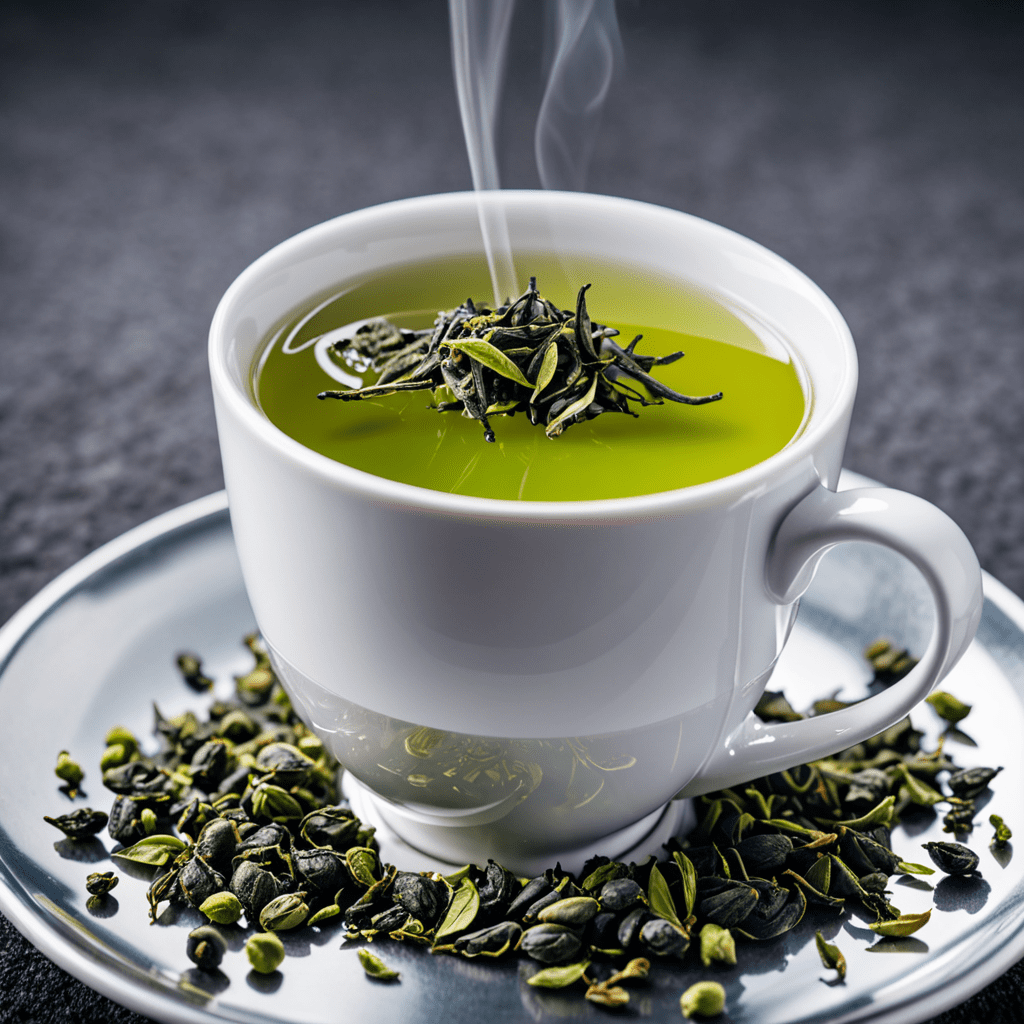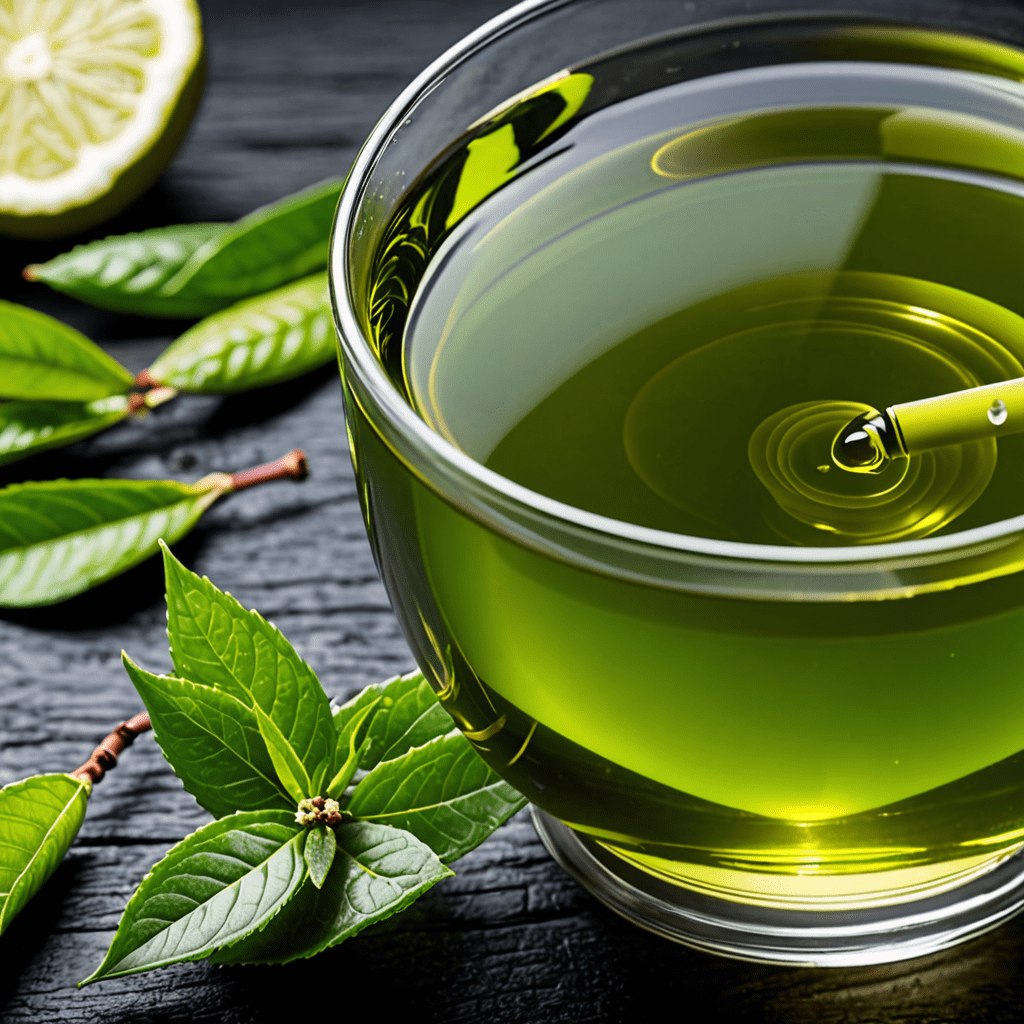White Tea vs Green Tea: Which Is Healthier?
When it comes to making healthy beverage choices, white tea and green tea are often at the top of the list. Both are praised for their potential health benefits, but is one healthier than the other? Let’s delve into the differences between white tea and green tea to determine which one comes out on top in terms of health benefits.
What Is White Tea?
White tea is made from the young leaves and buds of the Camellia sinensis plant. It undergoes minimal processing, which helps to preserve its delicate flavor and high concentrations of antioxidants. The leaves are typically harvested before they fully open, giving white tea its light, subtle taste.
What Is Green Tea?
Green tea, like white tea, is also derived from the leaves of the Camellia sinensis plant. However, the main difference lies in the processing. Green tea leaves are quickly heated or steamed and then dried to prevent oxidation. This minimal processing helps retain the natural green color and potent antioxidants present in the leaves.
Comparing Antioxidant Content
Both white and green teas are rich in polyphenols, a type of antioxidant known for its potential health benefits. However, white tea may have a slight edge in terms of antioxidant content. Studies suggest that white tea contains a higher concentration of catechins, a specific type of polyphenol, compared to green tea.
Caffeine Content
When it comes to caffeine content, green tea typically contains higher levels of caffeine compared to white tea. This could be an important consideration for individuals who are sensitive to caffeine or looking to reduce their intake. If you’re aiming for a lower caffeine option, white tea might be the better choice for you.
Flavor Profile and Taste
White tea is known for its delicate, subtle flavor with slightly sweet undertones. On the other hand, green tea has a more pronounced grassy or vegetal taste, which can vary depending on the specific type of green tea. The choice between the two might come down to personal preference and taste.
Health Benefits
Both white and green teas have been associated with numerous health benefits, including potential anti-inflammatory, antioxidant, and heart-healthy properties. While both are considered healthy options, the specific health benefits might vary due to differences in antioxidant content and processing.
The Verdict
Ultimately, the choice between white tea and green tea depends on individual preferences and health priorities. If you’re drawn to a milder flavor and potentially higher antioxidant content, white tea might be your go-to option. Conversely, if you prefer a slightly bolder taste and don’t mind the extra caffeine, green tea could be the healthier choice for you. Regardless of the choice, both white and green teas can be part of a balanced and healthy lifestyle.
“`html
White Tea vs Green Tea: Which Is Healthier?
What is White Tea?
White tea is minimally processed and derived from the Camellia sinensis plant. It consists of young buds and leaves, undergoes minimal oxidation, and is known for its delicate flavor and subtle sweetness.
What is Green Tea?
Green tea, also from the Camellia sinensis plant, is steamed or pan-fired to prevent oxidation. It retains its natural green color and is renowned for its fresh, grassy taste and numerous health benefits.
What are the Health Benefits of White Tea?
White tea is rich in antioxidants that may help improve skin health, boost the immune system, and reduce the risk of chronic diseases such as heart disease and cancer. It also contains minimal caffeine, making it a good option for those sensitive to stimulants.
What are the Health Benefits of Green Tea?
Green tea boasts a high concentration of catechins and polyphenols, which have been linked to improved brain function, fat loss, and a lower risk of various diseases. Its moderate caffeine content also provides a gentle energy boost.
Which is Healthier: White Tea or Green Tea?
Both white tea and green tea offer notable health benefits due



